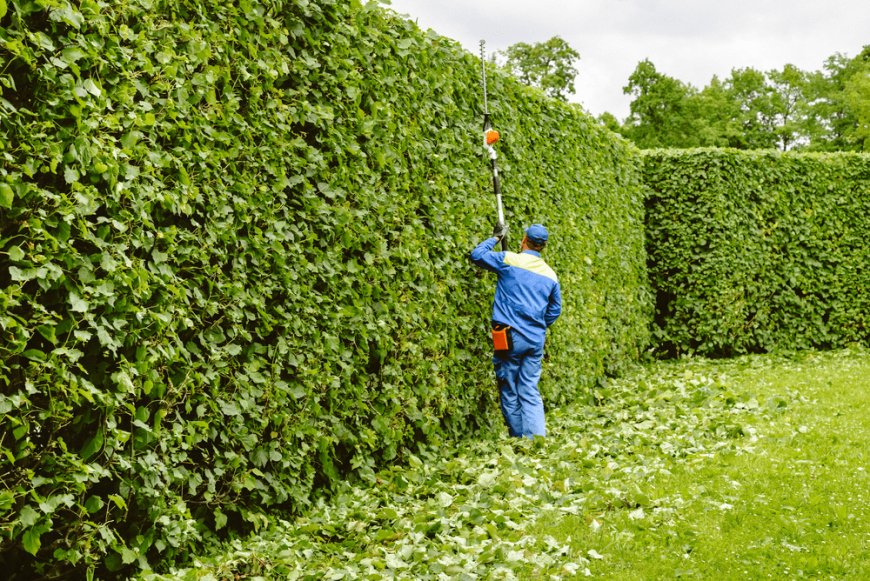What’s the Best Time of Year to Trim Hedges?
Keeping your hedges well-maintained isn’t just about appearance—it’s vital for plant health and long-term garden structure. One of the most common questions we hear at Luton Tree Surgeon

Keeping your hedges well-maintained isnt just about appearanceits vital for plant health and long-term garden structure. One of the most common questions we hear at Luton Tree Surgeon is: when is the best time of year to trim hedges?
Why Timing Matters
Trimming at the wrong time can:
-
Stress the plant
-
Stunt growth
-
Encourage disease
-
Disturb nesting birds (which is illegal in the UK)
Getting the timing right helps your hedges grow fuller, healthier, and more manageable.
General Rule: Spring and Late Summer
For most hedge types in the UK climate, late spring and late summer are the ideal times for trimming.
? Late Spring (MayJune)
This is the first good opportunity of the year to tidy up fast-growing hedges after their spring growth spurt.
? Late Summer (AugustSeptember)
A final trim keeps your hedge looking sharp before winter and slows down further growth.
Hedge Types and Their Ideal Trimming Times
Different plants have different needs. Here's a quick guide:
| Hedge Type | Best Time to Trim | Frequency |
|---|---|---|
| Privet | MaySept (every 6 weeks) | 34/year |
| Boxwood | May & Aug | 2/year |
| Laurel | Late Spring & Summer | 2/year |
| Leylandii | April to Sept | 34/year |
| Hawthorn | Late Summer | 12/year |
For formal hedges, more frequent trimming helps retain shape. Informal hedges can often be left a bit longer between cuts.
Nesting Season Warning
Under UK law, it is an offence to trim or disturb a hedge containing active bird nests. The nesting season typically runs from March to August.
If you're unsure whether its safe to trim, our team at Luton Tree Surgeon always checks before carrying out any work.
Signs Your Hedge Needs Trimming
Regardless of the season, it might be time for a trim if:
-
Its blocking light or walkways
-
Its growing unevenly or looking untidy
-
You see excessive woody growth or dead spots
-
Its approaching nearby buildings, fences, or roads
A professional eye can help assess whether trimming is safe and beneficial for your hedges health.
Tools and Techniques Matter Too
Even when the timing is right, poor technique can ruin a hedge. Our specialists at Luton Tree Surgeon use industry-grade tools and precise cutting methods to shape your hedge with care, never tearing or crushing branches.
Leave It to the Experts
Whether youre dealing with formal box hedges or fast-growing leylandii, Luton Tree Surgeon can handle the job with efficiency and professionalism. We understand local species, seasonal conditions, and the legal obligations for hedge care in the UK.










































